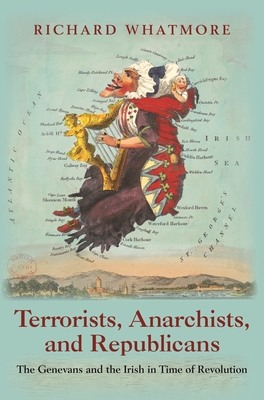Expedite your nonfiction book discovery process with Readara interviews, summaries and recommendations, Broaden your knowledge and gain insights from leading experts and scholars
In-depth, hour-long interviews with notable nonfiction authors, Gain new perspectives and ideas from the writer’s expertise and research, Valuable resource for readers and researchers
Optimize your book discovery process, Four-to eight-page summaries prepared by subject matter experts, Quickly review the book’s central messages and range of content
Books are handpicked covering a wide range of important categories and topics, Selected authors are subject experts, field professionals, or distinguished academics
Our editorial team includes books offering insights, unique views and researched-narratives in categories, Trade shows and book fairs, Book signings and in person author talks,Webinars and online events
Connect with editors and designers,Discover PR & marketing services providers, Source printers and related service providers

Terrorists, Anarchists, and Republicans: The Genevans and the Irish in Time of Revolution
History > Europe - Ireland
- Princeton University Press
- Hardcover
- 9780691168777
- 9.5 X 6.6 X 1.7 inches
- 2.25 pounds
- History > Europe - Ireland
- (Single Author) Asian American
- English
Readara.com
Book Description
A bloody episode that epitomised the political dilemmas of the eighteenth century
In 1798, members of the United Irishmen were massacred by the British amid the crumbling walls of a half-built town near Waterford in Ireland. Many of the Irish were republicans inspired by the French Revolution, and the site of their demise was known as Genevan Barracks. The Barracks were the remnants of an experimental community called New Geneva, a settlement of Calvinist republican rebels who fled the continent in 1782. The British believed that the rectitude and industriousness of these imported revolutionaries would have a positive effect on the Irish populace. The experiment was abandoned, however, after the Calvinists demanded greater independence and more state money for their project. Terrorists, Anarchists, and Republicans tells the story of a utopian city inspired by a spirit of liberty and republican values being turned into a place where republicans who had fought for liberty were extinguished by the might of empire.
Richard Whatmore brings to life a violent age in which powerful states like Britain and France intervened in the affairs of smaller, weaker countries, justifying their actions on the grounds that they were stopping anarchists and terrorists from destroying society, religion and government. The Genevans and the Irish rebels, in turn, saw themselves as advocates of republican virtue, willing to sacrifice themselves for liberty, rights and the public good. Terrorists, Anarchists, and Republicans shows how the massacre at Genevan Barracks marked an end to the old Europe of diverse political forms, and the ascendancy of powerful states seeking empire and markets--in many respects the end of enlightenment itself.
Author Bio
I am currently Professor of Modern History at the University of St Andrews and Director of the Institute of Intellectual History. I came to St Andrews in 2013 from the University of Sussex, where I was Professor of Intellectual History and the History of Political Thought.
My research and teaching cover the following topics: Early Modern and Modern Intellectual History (including Politics, International Relations, Political Economy and Religion); Theories of Empire, Democracy and War; Enlightenment and Revolution; Republican Diaspora; Small States and Failed States; Relations between Britain and Europe; Political Cartoons.
My books include: Republicanism and the French Revolution (Oxford University Press, 2000), Against War and Empire: Geneva, Britain and France in the Eighteenth Century (Yale University Press, 2012), What is Intellectual History? (Polity Press, 2015) and Terrorists, Anarchists, and Republicans. The Genevans and the Irish in time of Revolution (Princeton University Press, 2019).
Source: The Conversation US, Inc
Videos
No Videos
Community reviews
No Community reviews

